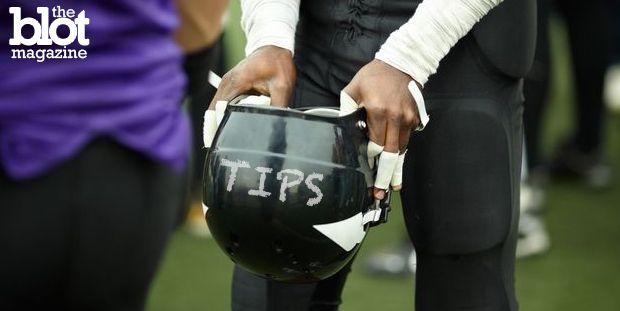
The Northwestern University football season has not even begun, and the players have already lost a crucial contest.
In a win for universities and the National Collegiate Athletic Association (NCAA), the National Labor Relations Board (NLRB) declined to assert jurisdiction and punted on making a decision about whether football players at the Evanston, Ill., school can become unionized employees. The petition that was organized through the College Athletes Players Association was a request for the athletes to be classified as university employees.
They argued the 50-60 hours dedicated to football responsibilities to fulfill athletic scholarships constitutes a full-time job that should include labor protections, compensation for their participation in college athletics and the right to collectively bargain.
“The Board did not determine if the players were statutory employees under the National Labor Relations Act (NLRA),” the NLRB said in a statement. “Instead, the Board exercised its discretion not to assert jurisdiction and dismissed the representation petition filed by the union.”
Major college sports are big business and generate hundreds of millions for the top-tier schools. The University of Alabama — one of the top football programs in the country and third in earnings in 2014 — made $53.3 million in profits last year alone. And with the new college football playoff format that debuted in 2014, earnings are only going to increase.
The NCAA has long asserted that sports scholarships are compensation enough and that paying athletes would violate the concept of amateurism in sports. This position clings to the antiquated and outright unfair notion that the players are student athletes. They are expected to be good boys and run the risk of being declared ineligible if found taking any gifts, free meals or making any money off signing autographs while school presidents, athletic directors and coaches earn millions off young men who play a dangerous and often violent sport.
Read more: National Signing Day Is an Exploitive Joke on College Athletes
The complex legal gymnastics of how to divide the huge amounts of money amongst star players and benchwarmers between revenue-generating sports and non-revenue athletics makes the issue quite complex. For example, one reason the NLRB may have declined to make a ruling was to avoid a straitjacket approach to public and private universities.
Among about 125 institutions competing in Division 1 football, only 17 are private universities like Northwestern.
“I don’t think anyone has thought out what the ramifications or costs would be,” Ettie Ward, director of the masters program in international sports law at St. John’s University in Queens, told TheBlot Magazine. “Unionization is tough. Whether you pay college athletes is tough. The unionization issue is a complex one. I think there is a concern about what the impact of the decision would be. The NLRB indicated that it’s a complicated question.”
Though the unanimous decision is certainly a setback, it’s not back to square one. High-profile cases like the Ed O’Bannon suit, which argued that former student athletes should become entitled to financial compensation for the NCAA’s commercial use of their image, have advanced the cause and conversation. Whether this should come in the form of a paid stipend while athletes are in school or another form is all up for debate.
To Ward, the effort to unionize is “just another front” in the ongoing conversation over whether college athletes should be financially compensated. Partly due to the complexity of the myriad issues involved, Ward was not surprised the NLRB didn’t make a decision.
“I thought it was probably an even chance that they would duck the issue, reverse or find for the union,” she said.
Despite the NLRB not making a ruling, college athletes’ efforts to unionize will surely go on.
“I don’t think it’s a death-knell,” Ward said. “The union organizers have become more of a go-to source for players whether or not they are unionized.”
College athletes in glamour sports like basketball and football enjoy big-man-on-campus status and all that goes along with it, but that doesn’t mean an athletic scholarship, which can at any point be taken away due to injury, ineffectiveness or academic performance is fair compensation for the clear value they add to a university.
For college athletes, this was a tackle, but it’s not game over.
Noah Zuss is a reporter for TheBlot Magazine.





